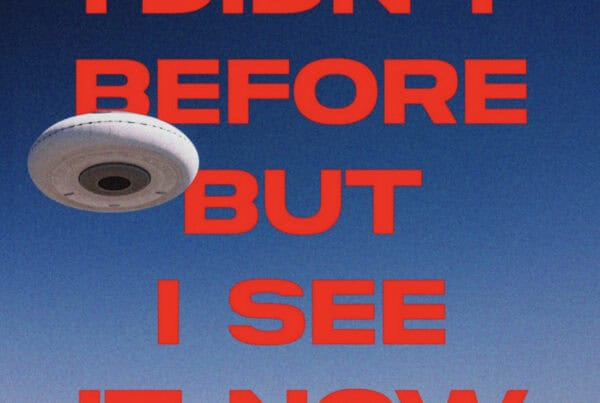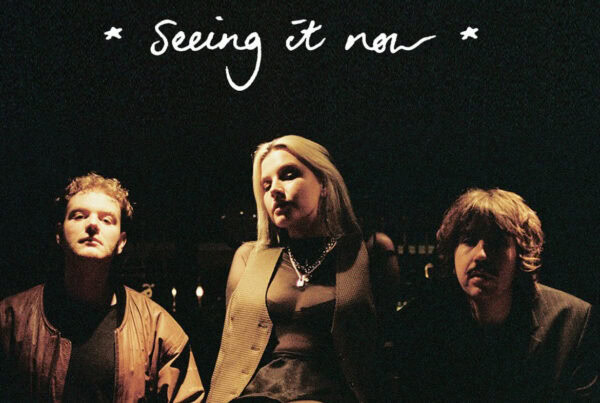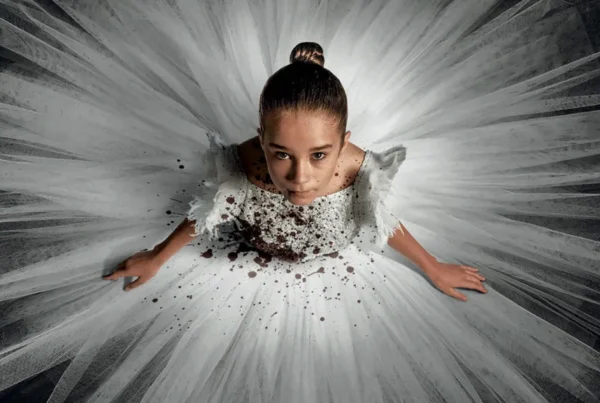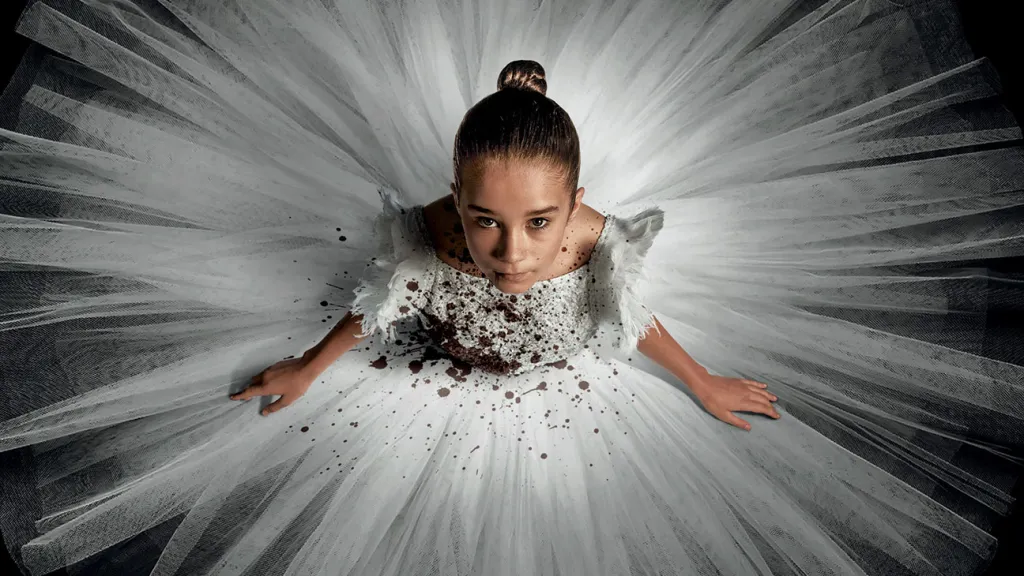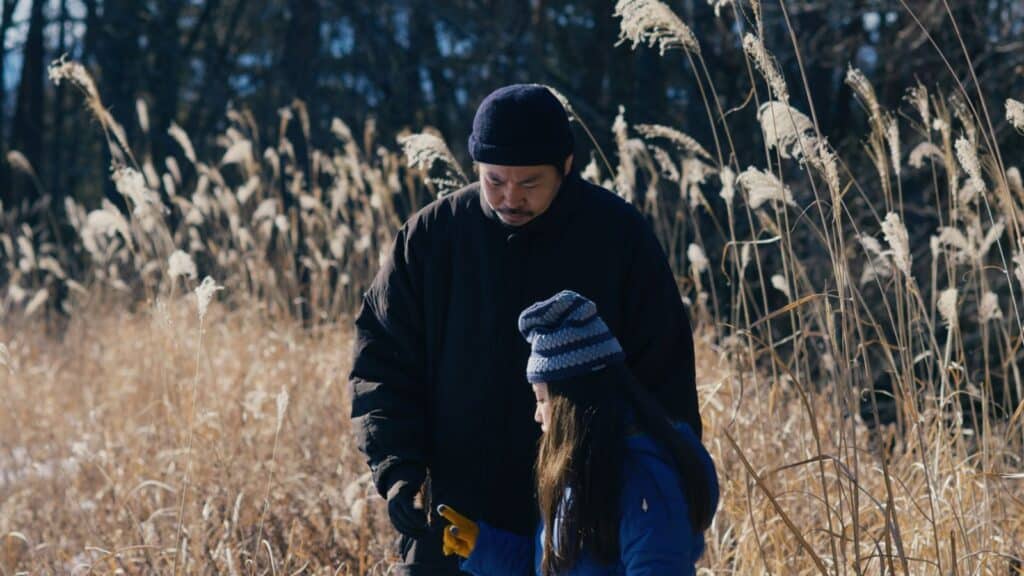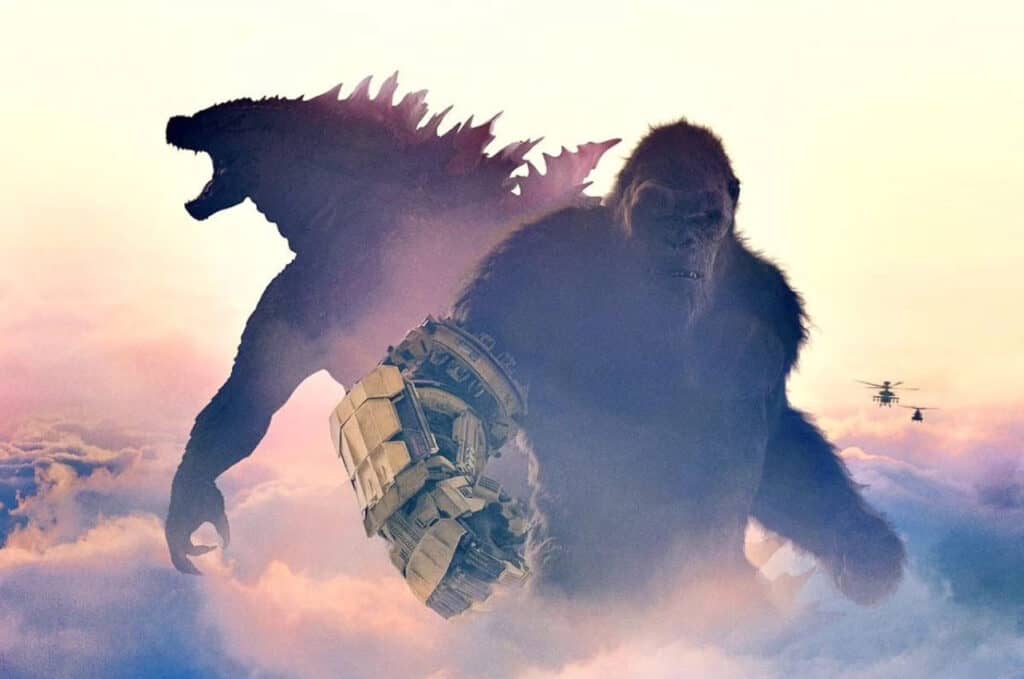So, let’s begin with one of the more obviously befuddling aspects. It’s been just over a week since I saw Dolittle and I still, despite having spent much of that week studiously analysing it in my head, am just as in the dark as you are when it comes to what exactly the hell Robert Downey Jr.’s accent as Dr. John Dolittle is supposed to be. I have spoken to other people when the adverts come on the telly for their opinions, I’ve sat through a 100 minute movie where its shaky inscrutability is on full display, I have even attempted to mimic the accent myself in an effort to discern where Downey thinks its point of origin is supposed to be and I’m still drawing a blank. I think it’s meant to be Welsh? But there are just as many times where it slides into Cornish territory, and sometimes we take a trip to ScotIreland, and that’s not before we count the brief instances where his natural American accent slips on through like a drowning man gasping for air…
Scientists and language specialists will likely spend the remaining few decades our fucked planet has left attempting to solve this conundrum, but fixating on the accent part of Downey’s performance is missing the forest for the trees. To put it bluntly, it is a very good thing that the brief fan campaign to get him an Oscar nomination for his performance in Avengers: Endgame never went anywhere cos otherwise he would’ve just Norbit-d himself big time. He is, frankly, awful here. An unfocussed mass of random tics, gurning faces and noises, swinging between the broadest pantomime acting possible and ill-fitting Lifetime Original strains at deep hurt and heartbreak. Yet one can effectively boil it down to a much, much, much worse version of his take on Sherlock Holmes. He is so very bad in this, the kind of bad performance which makes one wonder if they’ve been giving him too much credit as an actor all these years. To paraphrase his most famous quote from Tropic Thunder, he went full Johnny Depp. Never go full Johnny Depp.
In isolation, Downey’s performance is a bizarre befuddlement for the ages. In context with the rest of Dolittle, it’s perhaps the least baffling aspect of the entire enterprise. Trust me when I tell you that one does not need to go in aware of the fact that the movie had seen its original writer-director Stephen Gaghan (of Syriana) effectively fired after turning in his test-audience-reviled first cut, undergone substantial reshoots with a new director (2014 Teenage Mutant Ninja Turtles’s Jonathan Liebesman) and writer (LEGO Batman and Robot Chicken’s Chris McKay) aiming to add humour and make it more family-friendly – Gaghan supposedly having turned in a really sombre, meditative movie about familial loss – and shunted way back from its intended mid-2019 release, to realise that something went horribly wrong here. You know how Suicide Squad was very obviously the product of an unfinished panic-scramble by Warner Bros. to recut the dour nihilistic slog of David Ayer’s intended vision into something more closely resembling the wild goofy bad-taste fun times that the trailers had sold the movie as? Universal’s Dolittle is what Suicide Squad might have been had Warner Bros. managed to finish their panic recut in time and it turns out that, nope, additional time in the oven would not have made the effort to course-correct mid-skidding-off-the-cliff any more natural or successful for that movie either.
This is an absolute mess which has no idea of what it wants to be, let alone coming up with an answer to the question as to how one is supposed to more faithfully adapt the Hugh Lofting children’s books when a) they were hella racist, imperialist and exoticised in the way that much classic adventure literature written by Westerners were (see also: Edgar Burroughs and Rudyard Kipling) and b) the only reason the Dolittle name still has cache is from a late-90s Eddie Murphy movie which kept the “talks to animals” concept and nothing else. Supposedly adapted from The Voyages of Doctor Dolittle, the film sees Dolittle as a reclusive shut-in following the death of his wife on an expedition several years back dragged out of his stately home on an urgent mission to help save the life of Queen Victoria (Jessie Buckley) who has fallen gravely ill and can only be cured via a magical life-giving fruit conveniently on the same uncharted impossible-to-get-to island which claimed the life of his wife.
I utilise the phrase “supposedly” when mentioning the adaptation because the movie which plays on screen can’t even seem to make up its mind as to what exactly is going on and what is important to the narrative. That one sentence, four-line plot summary takes just over 40 minutes to lay out because the film keeps over-complicating the broth due to the myriad of meddling missives and blatant reshot scenes unconnected to anything else which keep getting in the way. The film’s POV rotates on a scene-by-scene basis from Polynesia (a sleep-talking Emma Thompson), Dolittle’s talking macaw conscience, to Dolittle himself, to a useless tagalong kid named Stubbins (Harry Collett who should not be making any plans to take his acting dreams into adulthood) ostracised by his family because he doesn’t want to be a man and hurt animals – a plot and character arc which goes absolutely nowhere, much like his love interest Lady Rose (newcomer Carmel Laniado who also should not be making long-term acting plans) who is made a large focus of the first act before being completely abandoned from the movie once the voyage starts. As a result of that constant switching, there’s no coherent POV for anything which happens in the movie, no baseline understanding of the characters or sense of wonder and discovery or true escalation in threat, because it’s never properly established.
This kind of flagrant disinterest in basic narrative understanding is all over Dolittle. You could genuinely excise half the cast of this movie and lose absolutely nothing important because of it. Two precocious children filling a one-character slot which has precious little bearing on the film as a whole anyway. Two sets of villains even though the one who isn’t Michael Sheen (who bless him is at least making his own fun by being consistently over-the-top) does absolutely nothing besides stretch the film out another five minutes at the climax. Several animal characters who conspicuously hold extended conversations only with themselves and no other humans against near-static backdrops. The opening stretch of the film even spends a long time on the fate of the squirrel (voiced by Craig Robinson) whom is the catalyst for Stubbins seeking out Dolittle, having accidentally shot the poor thing, including a scene of it waking up from its surgery swearing revenge on the kid and then just… never follows through on the squirrel again even though he comes on the voyage.
In fact, there are tell-tale indications that all the stuff which has blatantly been stuffed in late in the game have come about as a result of trying to cover for all the stuff somebody else had ineptly taken out. A clearly intricate journey to a vaguely Middle-Eastern pirate city (headed up by Antonio Banderas definitely Norbit-ing himself out of all awards talk consideration) which is set up like a heist and supposed to be the central setpiece of Act 2 has been chopped down to the absolute bone in the released edit, with much of the important character and situation information being relayed in low-quality voiceover by Polynesia. Entire scenes which solely exist to foreshadow later plot turns are inelegantly dumped any which way across the narrative, whilst scenes designed to foreshadow later thematic developments alternately have their payoffs missing entirely or arrive in the very next scene. The resultant narrative is at once both unnecessarily overcomplicated, forever distracted by dead-ends and false starts which don’t go anywhere whilst forever struggling to justify its own journey in the first place, and dirt simple in a manner that’s clearly supposed to be mitigated by some wonder and/or action and/or character study the movie simply does not have.
And Dolittle is an ugly looking movie, too. The great Guillermo Navarro has, for some unknowable reason, been asked to just artlessly dump his camera in any random direction because nobody on-set had given proper thought as to where the CGI-d animals are supposed to be located in each given scene. Every halfway interestingly composed shot is negated by fifteen flat, strangely lit, confusingly positioned ones and the editing often hops around between them with little rhyme or reason. The production design wants to communicate throwback exotic adventure expense but instead, aside from Dolittle’s manor house, it frequently looks shockingly cheap and basic – fancy palace rooms alternately looking like CBBC backlots or a converted fourth floor office space. Some of the visual effects are borderline unfinished, with the Tom Holland-voiced dog Jip suffering the worst effects of the uncanny valley and animals in general often lacking in weight and tangibility despite going for a less extreme version of the Lion King technology. A lot, and I mean a lot, of Downey’s dialogue occurs when he’s either not looking at or just off-camera – this movie has almost as much ADR as that awful Hellboy reboot.
This is all very much endemic of a film that has been fiddled and meddled and torn up and stitched back together so many times that any trace of purpose or intent has long been lost to the cutting room floor; leaving behind a Frankenstein miasma of unconnected and unresolved arcs, narrative threads, themes, setpieces which fail to cohere into a movie with a vision or reason to exist. That’s assuming there even was one to begin with. A part of me wants to give everyone involved the benefit of the doubt, because they’ve all done excellent focussed works before, and put the blame squarely on the obvious fact that the studio panicked and made worse their efforts to clean up a big old mess. But I really don’t know what Dolittle’s original aim was and I don’t think anyone else knew either.
Was it going to be a serious sombre character study about a socially-awkward man learning to move past his grief? Then why is Downey performing much of the movie like an upscale early 2010s Adam Sandler equivalent, what does the attempted regicide have to do with that personal story, why is the narrative so MacGuffin-heavy, why can’t the film pick a POV to decide whether Dolittle is genuinely eccentric or that it’s everyone else who is hypocritically weird, and don’t the menagerie of rejected Disney Renaissance animal sidekicks clash with that tone? Was it meant to be a fantastical swashbuckling odd-couple adventure with scenic locales, exciting action setpieces, and the wondrous ability to talk to animals? Then why does it all look so cheap, why is the cinematography so insipid, why do we only go to three places in the entire movie, how come the actual turn into the fantastical is so poorly foreshadowed, why not actually do anything with the “learning to talk to animals” arc, and why hire a director who has little interest in that kind of swashbuckling fun? Is it meant to be a family comedy about compassion and kindness? Then what’s with the wildly fluctuating tone and trauma undertones, the inert pacing, the constant horniness of its animal cast, the scene where a random man is burned alive and eaten (barely off-screen), and the fact that it is simply not funny? And what do any of these three movies have to do with Dr. Dolittle and his being a skilled doctor for animals?
Rather than Downey’s accent, for me the defining image of Dolittle, the one that most encapsulates the fascinatingly wrongheaded failure of this project, comes from the mid-credits stinger. In it, one of our villains, whom we had last seen falling down a hole to his presumed doom, is sat trapped at the bottom of said hole and tries to talk with a flock of bats which promptly attack him as the screen fades to black amidst the sound of his screams. The scene is presented as light-hearted laughs yet also functions as an off-puttingly dark moment of horror, lurching between both extremes for no understandable reason, and provides no service to the film at large besides launching further questions about what in Maker’s name happened here? The only way it could’ve been more emblematic of Dolittle at large would’ve been if it included a fart joke, but I guess the movie’s actual climax used up the last of their stock.
[youtube https://www.youtube.com/watch?v=zjm6rDgKNMY&w=560&h=315]
Dolittle is currently playing in cinemas nationwide.

